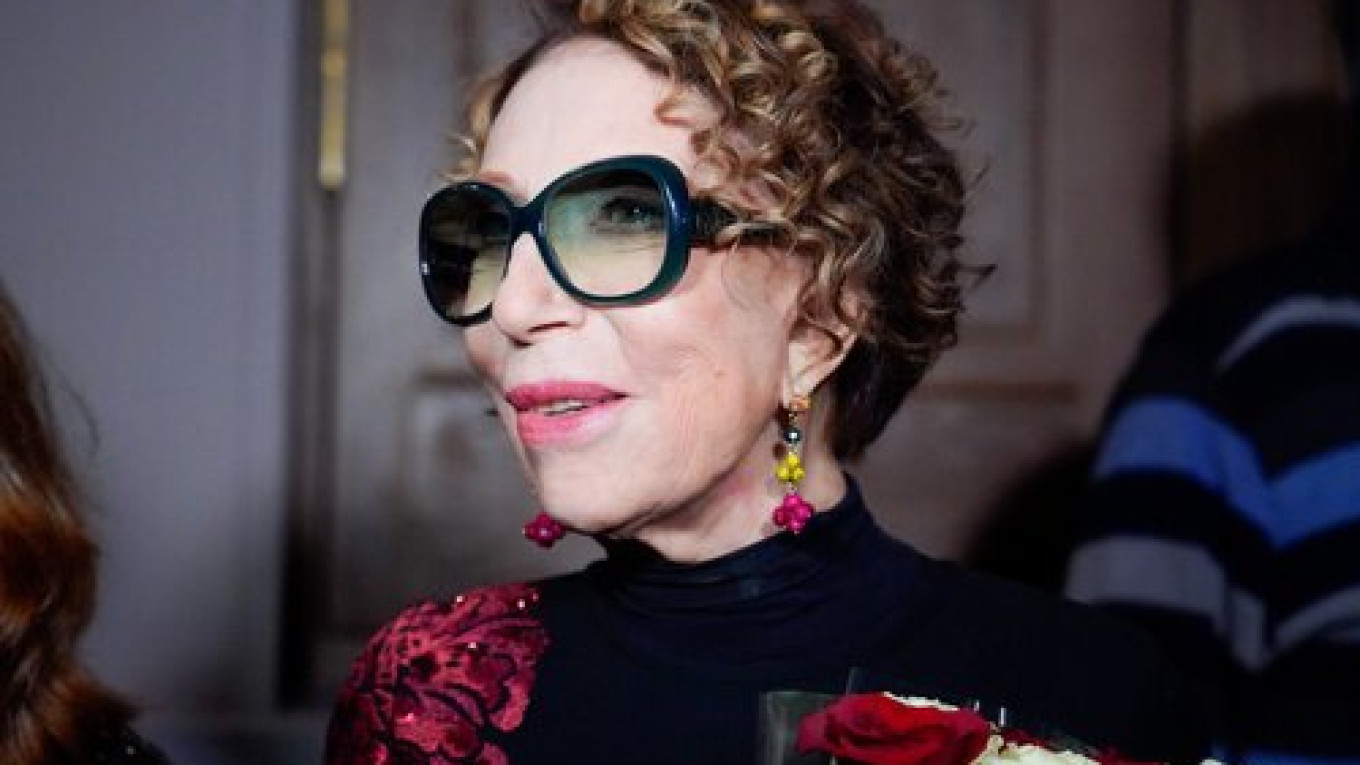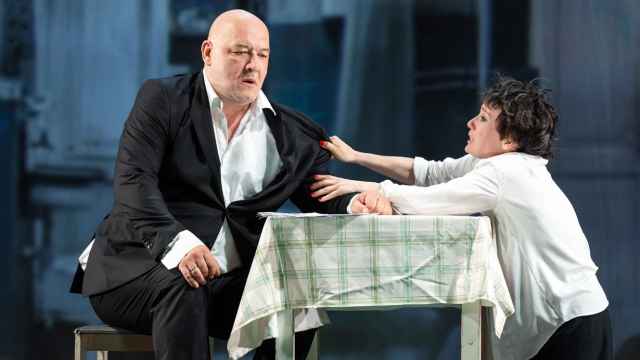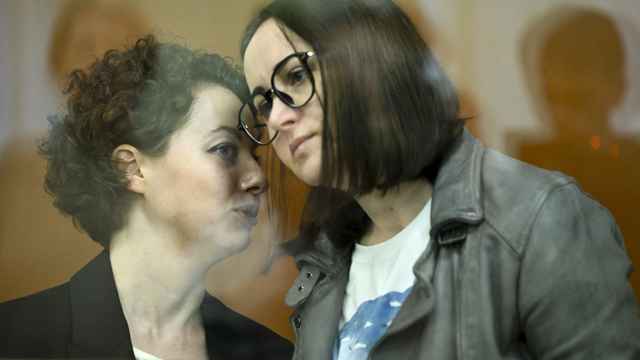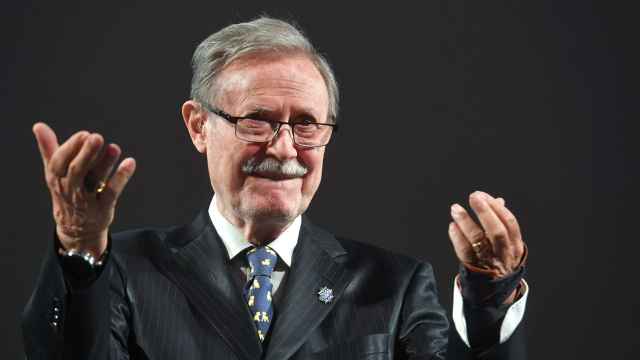Inna Churikova, one of the most celebrated and prolific actresses of the Soviet Union and Russia, died on Saturday at the age of 79. The cause of death was reported to be heart failure, although she had been in poor health for several months.
Churikova was born in 1943 in what is now Bashkortostan, where she and her mother were evacuated during the war. Later they moved to Moscow where Churikova began to pursue a career on the stage at while still in grade school. By age 15 she was already performing in the youth studio of the Stanislavsky Theater. She was accepted at the prestigious Shchepkin Theater Institute on her third try, and upon graduation worked at the Young People's Theater and then Lenkom, where under director Mark Zakharov she became one of the theater’s and country's most popular performers.
In addition to her work in the theater, she performed in more than 80 films, including “That Very Munchhausen”(1979) written by Grigory Gorin and directed by Mark Zakharov; “Wartime Romance” (1983) directed by Pyotr Todorovsky; and “The Chicken Ryaba” (1994) directed by Andrei Konchalovsky.
Her television roles included “Moscow Saga” based on the trilogy by Vasily Aksyonov and directed by Dmitry Barshchevsky, and “The Idiot,” based on the work by Fyodor Dostoyevsky and directed by Vladimir Bortko.
Churikova received many awards both in Russia and abroad for her work, including the Silver Bear for Best Actress at the 34th Berlin International Film Festival for “Wartime Romance” and the Russia Nika award in 1991 for “Adam’s Rib” directed by Vyacheslav Krishtofovich. She was also awarded the Russian Order “For Merit to the Fatherland.”
Churikova was married to film director and screenwriter Gleb Panfilov, with whom she had a son, Ivan, who is a producer.
She will be buried in Troyekurovsky Cemetery and a memorial service at Lenkom Theater on Tuesday.
A Message from The Moscow Times:
Dear readers,
We are facing unprecedented challenges. Russia's Prosecutor General's Office has designated The Moscow Times as an "undesirable" organization, criminalizing our work and putting our staff at risk of prosecution. This follows our earlier unjust labeling as a "foreign agent."
These actions are direct attempts to silence independent journalism in Russia. The authorities claim our work "discredits the decisions of the Russian leadership." We see things differently: we strive to provide accurate, unbiased reporting on Russia.
We, the journalists of The Moscow Times, refuse to be silenced. But to continue our work, we need your help.
Your support, no matter how small, makes a world of difference. If you can, please support us monthly starting from just $2. It's quick to set up, and every contribution makes a significant impact.
By supporting The Moscow Times, you're defending open, independent journalism in the face of repression. Thank you for standing with us.
Remind me later.






